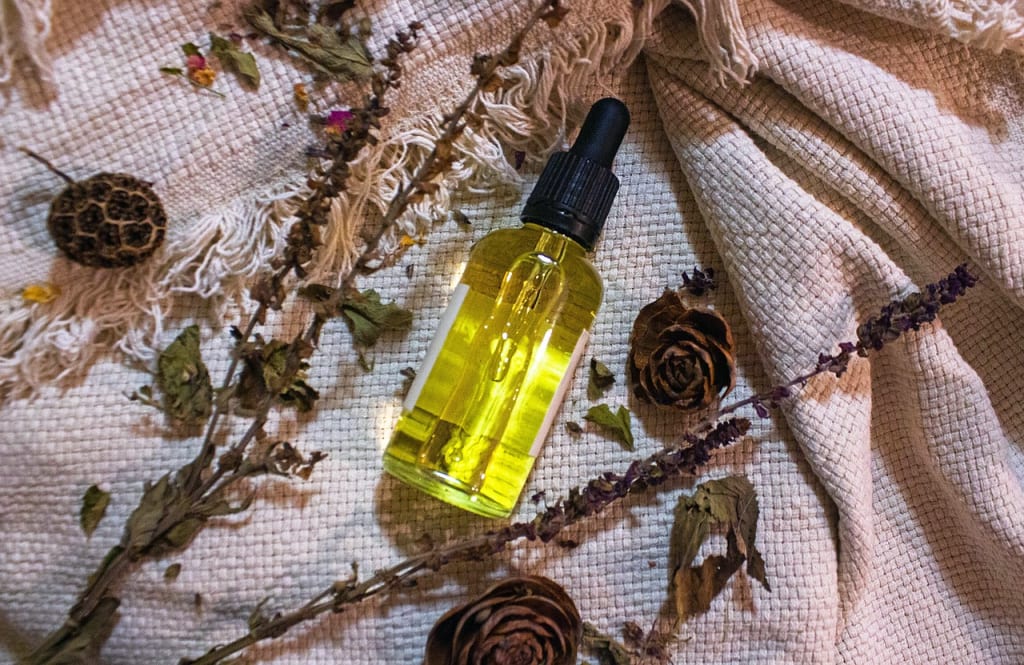The Fragrant Elegance of Bulgarian Rose Oil: Harvesting, Extraction, and the Allure of Luxury Perfumery
Perfume

Introduction:
Bulgarian rose oil, extracted from the renowned damask roses cultivated in Bulgaria's Rose Valley, is a precious commodity in the world of luxury perfumery. This exquisite oil, known for its complex scent profile and unique qualities, commands top dollar in the market. Despite the high demand from luxury brands like Tom Ford and Louis Vuitton, the production of Bulgarian rose oil faces challenges due to a limited harvesting window. In this article, we delve into the intricate process of harvesting and extracting this coveted oil, exploring the factors that contribute to its high cost and its enduring appeal to perfumers.
The Harvesting Challenge:
The process begins in the idyllic landscapes of Bulgaria's Rose Valley, where dedicated harvesters like Fegan start their day before sunrise to collect as many roses as possible. With only a few weeks each year when the roses are in bloom, time is of the essence. The damask roses used in Bulgarian rose oil production have a lower oil content compared to other varieties, necessitating swift harvesting to ensure optimal oil concentration. The early morning hours are crucial, as the petals contain the highest oil concentration during this time.
The Swift Journey to Distillation:
Once enough roses are gathered, they are swiftly transported to the distillery to extract the precious rose oil. Distillation must occur immediately after harvesting to prevent a decrease in potency, as every moment counts. A master perfumer, Kristoff Lamel, emphasizes the importance of this rapid process, explaining that waiting even a day or two can result in less valuable oil. The distillation process involves carefully controlled parameters, including temperature and pressure, to optimize the quality of the rose oil.
The Art of Distillation:
The distillation process at the Aggr Product distillery involves thousands of soft pink petals being mixed with water and boiled down to a colorless sludge. The meticulous control of variables such as steam temperature and pressure ensures the consistency and reliability of the final product. For a single kilogram of rose oil, producers may need to harvest and process up to 5,000 kilograms of Bulgarian rose petals. The efficiency of this process contributes to the high cost of the final product.
The Allure of Bulgarian Rose Oil in Perfumery:
Luxury fragrance houses, including established brands like Tom Ford and Louis Vuitton, and newer ventures like Gloss Madan, covet Bulgarian rose oil for its unique scent profile. Kristoff Lamel attests to the oil's potency, describing it as "extremely unique." The damask rose, originating in the Middle East, has been cultivated in Bulgaria's Rose Valley for around 400 years, developing a distinct richness in aroma due to the region's cold and wet climate.
Factors that Set Bulgarian Rose Oil Apart:
Bulgarian roses, with their spicy and fruity notes, thrive in the Valley's specific climate characterized by cold spring temperatures, high humidity, and unique soil conditions. The absence of a protective wax layer on the rose petals due to cooler temperatures allows for higher oil saturation, contributing to the oil's exceptional quality. Despite challenges like unexpected rainfall and delayed seasons, the demand for Bulgarian rose oil continues to grow globally.
The Economics of Luxury Fragrance:
The market for rose oil is estimated to expand at a compound annual growth rate of 6.8% between 2019 and 2025. Organic rose oil, exemplified by producers like Aggr Product, represents the fastest-growing segment. The allure of Bulgarian rose oil lies not only in its rarity and extraction process but also in its transformative effect on fragrances. Perfumers like Kristoff Lamel appreciate its versatility, claiming that adding a touch of Bulgarian rose oil can enhance any fragrance, providing a unique sparkle or body.
Conclusion:
Bulgarian rose oil stands as a testament to the harmonious blend of nature, tradition, and modern craftsmanship. The labor-intensive process of harvesting and distillation, coupled with the distinct terroir of Bulgaria's Rose Valley, contributes to the exclusivity and desirability of this fragrant elixir. As the demand for luxury perfumes continues to rise, the allure of Bulgarian rose oil persists, making it a timeless and sought-after ingredient in the world of high-end fragrances.





Comments
There are no comments for this story
Be the first to respond and start the conversation.